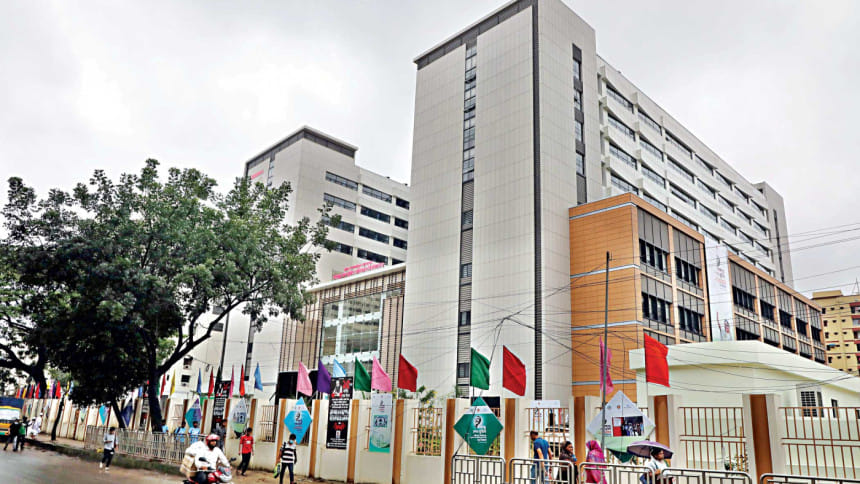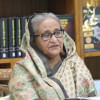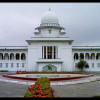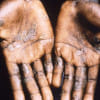New horizon in healthcare

The much-needed BSMMU Super Specialized Hospital, first of its kind in the country, will be inaugurated today.
Prime Minister Sheikh Hasina is expected to virtually launch it at an event organised on the hospital premises.
The programme will be presided over by Health Minister Zahid Maleque, while Md Saiful Hassan Badal, secretary of the health education division, will attend as the special guest. Lee Jang-Keun, ambassador of Republic of Korea to Bangladesh, will address the event as the honourable guest.
With state-of-the-art equipment and modern operations, the hospital will provide treatment only to patients referred by any public or private hospital, or a physician, Project Director Zulfiqur Rahman Khan told The Daily Star yesterday.
In a recent press release, Dr Sharfuddin Ahmed, vice chancellor of Bangabandhu Sheikh Mujib Medical University (BSMMU), said, "This specialised hospital will be an alternative option for many Bangladeshis opting to go abroad for treatment. Some 5,000-8,000 patients will receive outdoor services at the hospital."
Officials said the hospital will provide specialised treatment at a cheaper cost.
They, however, said the hospital will not be in operation before January since at least 40 percent of the equipment has not yet been installed and the appointment of the necessary workforce remains incomplete.
HOSPITAL COMPONENTS
The project was taken up in 2016 with a view to increasing BSMMU's capacity by providing treatment for general and complex diseases, establishing a "safety net hospital" through modernisation of medical care and management, and ensuring skill development of professionals.
With the total cost being around Tk 1,366 crore, South Korean government's Economic Development Cooperation Fund has provided Tk 1,047 crore in soft loans.
Meanwhile, South Korean company Hyundai was made the project contractor while the medical equipment is being supplied by Samsung.
The 13-storey hospital will have around 850 beds.
There will also be 14 ultra-modern operation theatres, a 100-bed Intensive Care Unit, a 100-bed emergency unit, six VVIP and 22 VIP cabins, and 25 deluxe cabins.
The specialised services include bone marrow transplant, gene therapy, and robotic surgery.
There will also be six designated centres for particular medical needs, while each ward will have eight beds.
Six engineers and 50 specialist physicians from South Korea will work for the first two years to ensure smooth operation and train other staffers.
The six designated centres include those for specialised autism, maternal care and childcare, emergency medical care, hepatobiliary and gastroenterology, cardiology and cerebrovascular diseases, and nephrology at the primary stage.
Centres at the secondary stage include those for respiratory medicine, general surgery, ophthalmology, dentistry, dermatology, and physical medicine and rehabilitation.
Around 1,500 healthcare staffers including 300 physicians will provide services to the patients in the hospital.
At least 120 doctors, nurses and other officers have already received training in South Korea.
"Every activity of the hospital will be done through an automated system, and patient data would be recorded for 100 years," Prof Zulfiqur said.

 For all latest news, follow The Daily Star's Google News channel.
For all latest news, follow The Daily Star's Google News channel. 








Comments